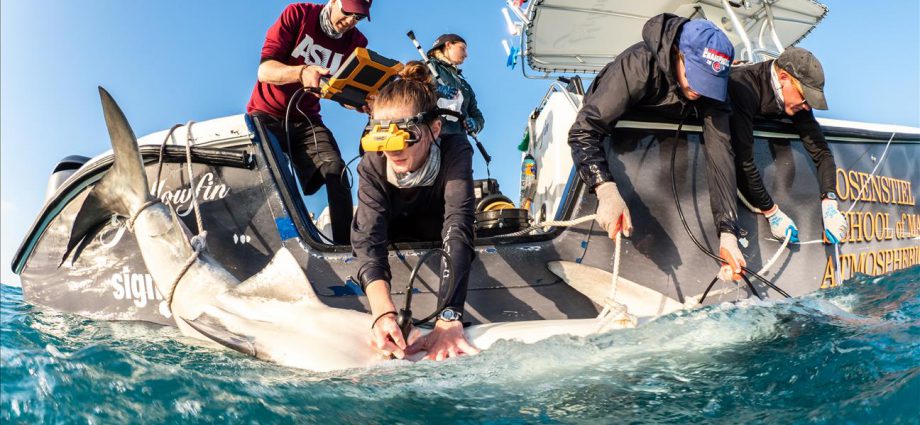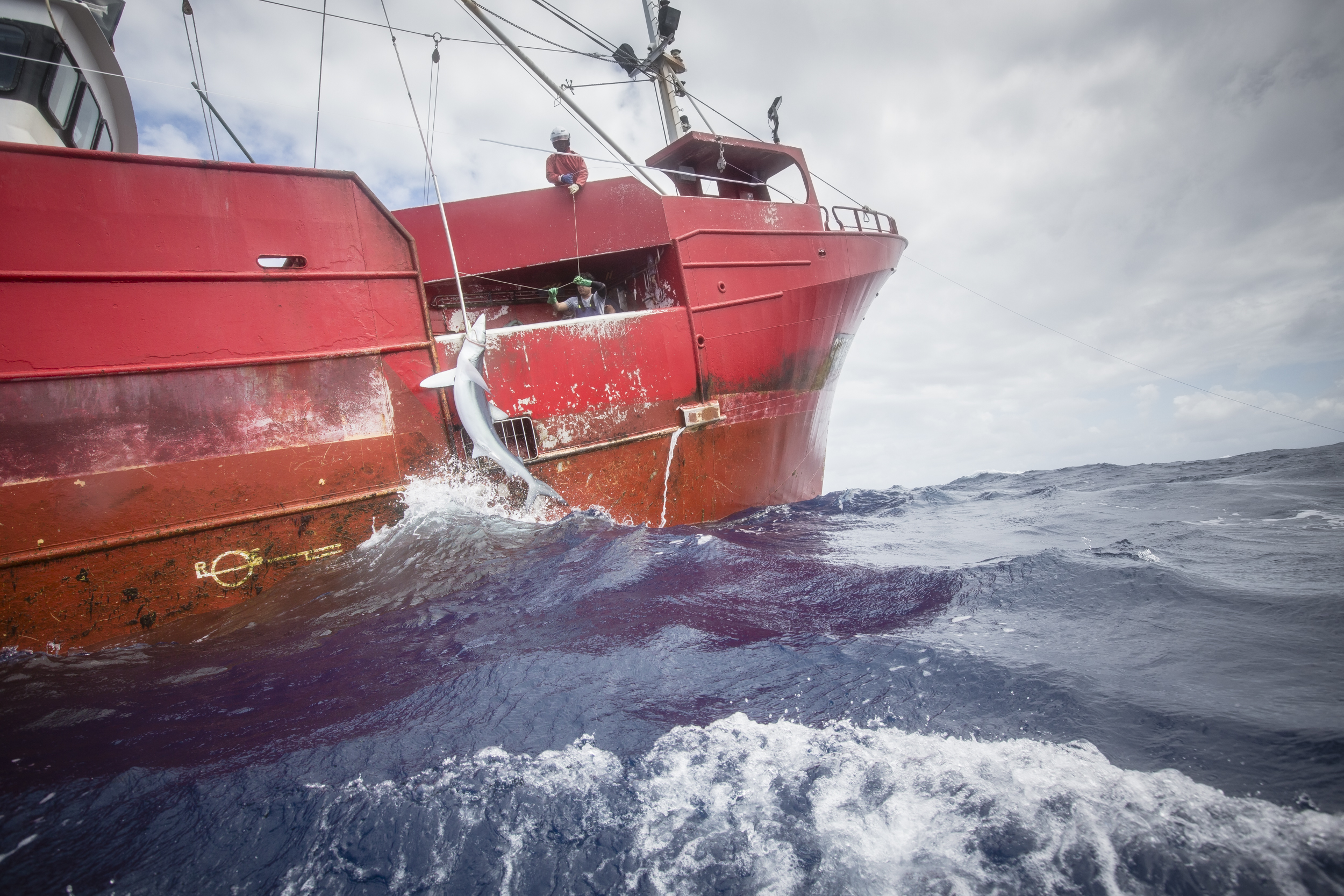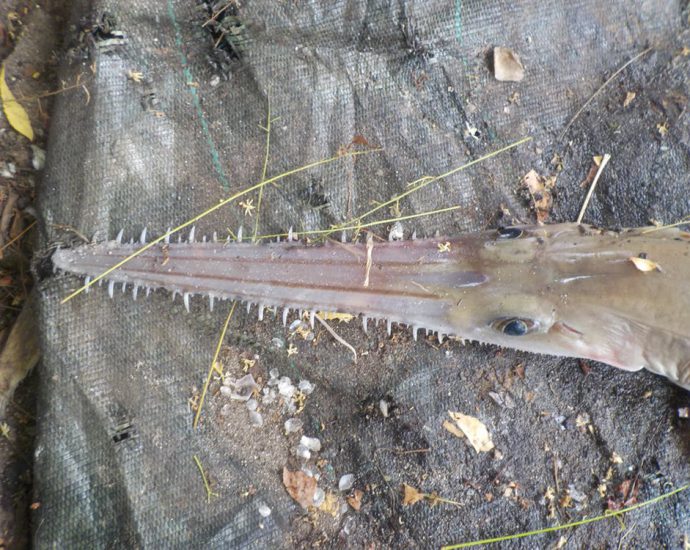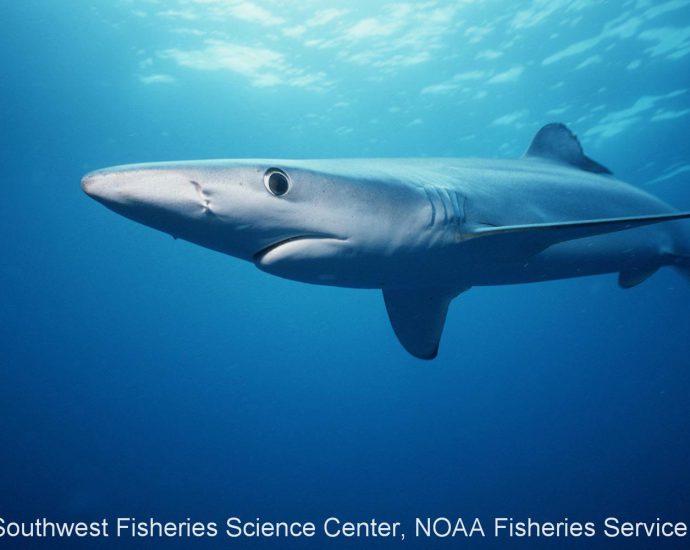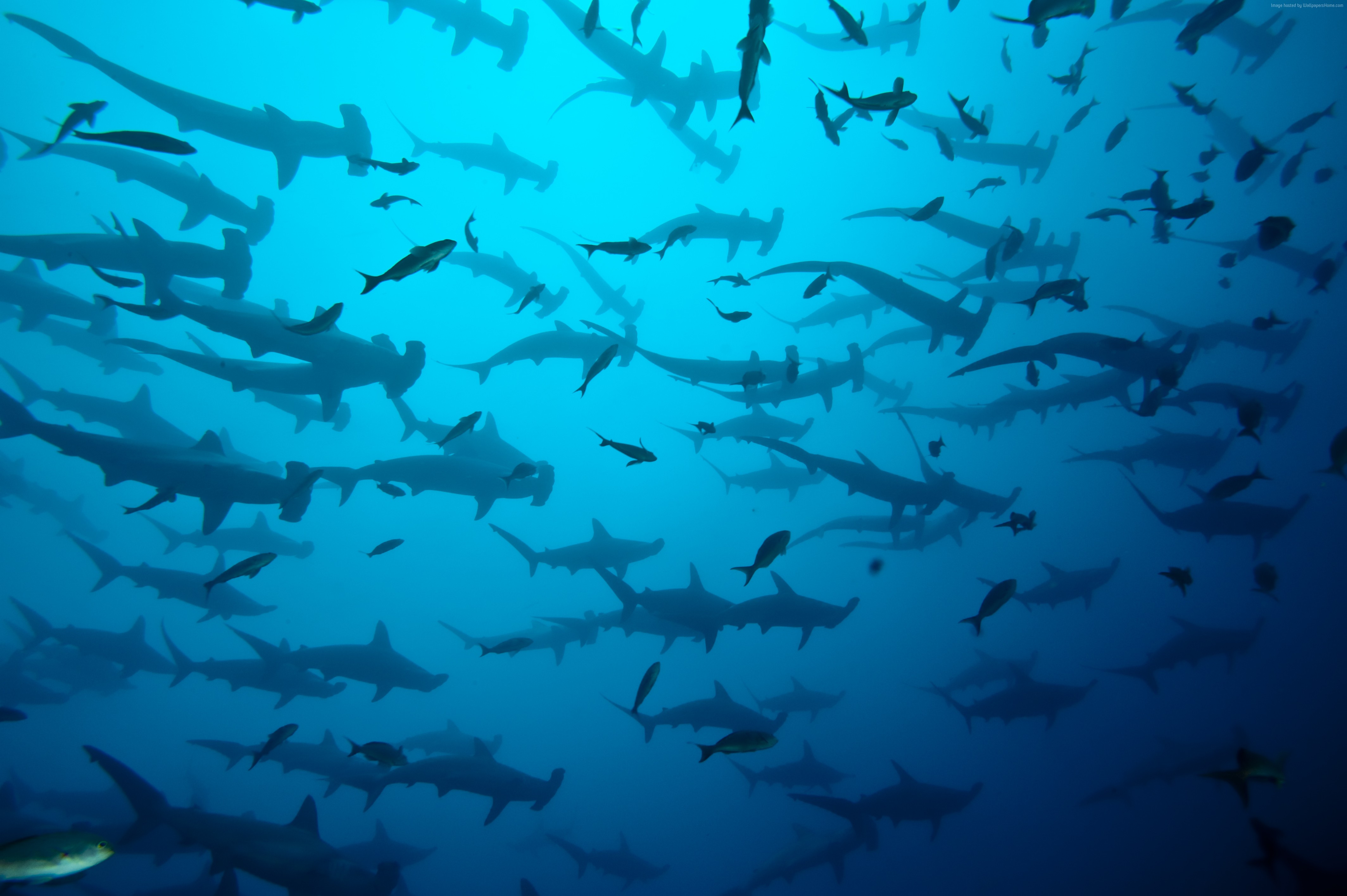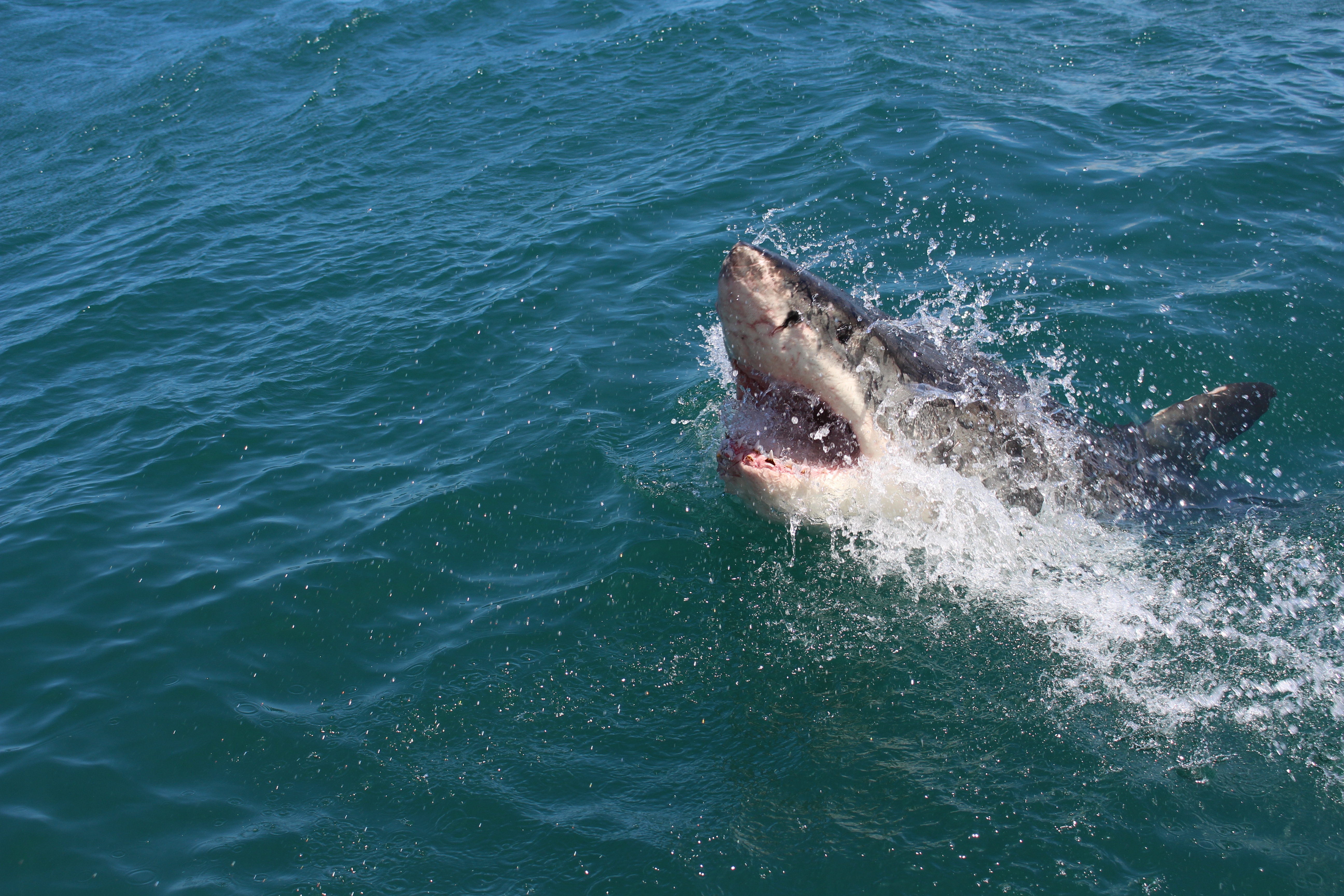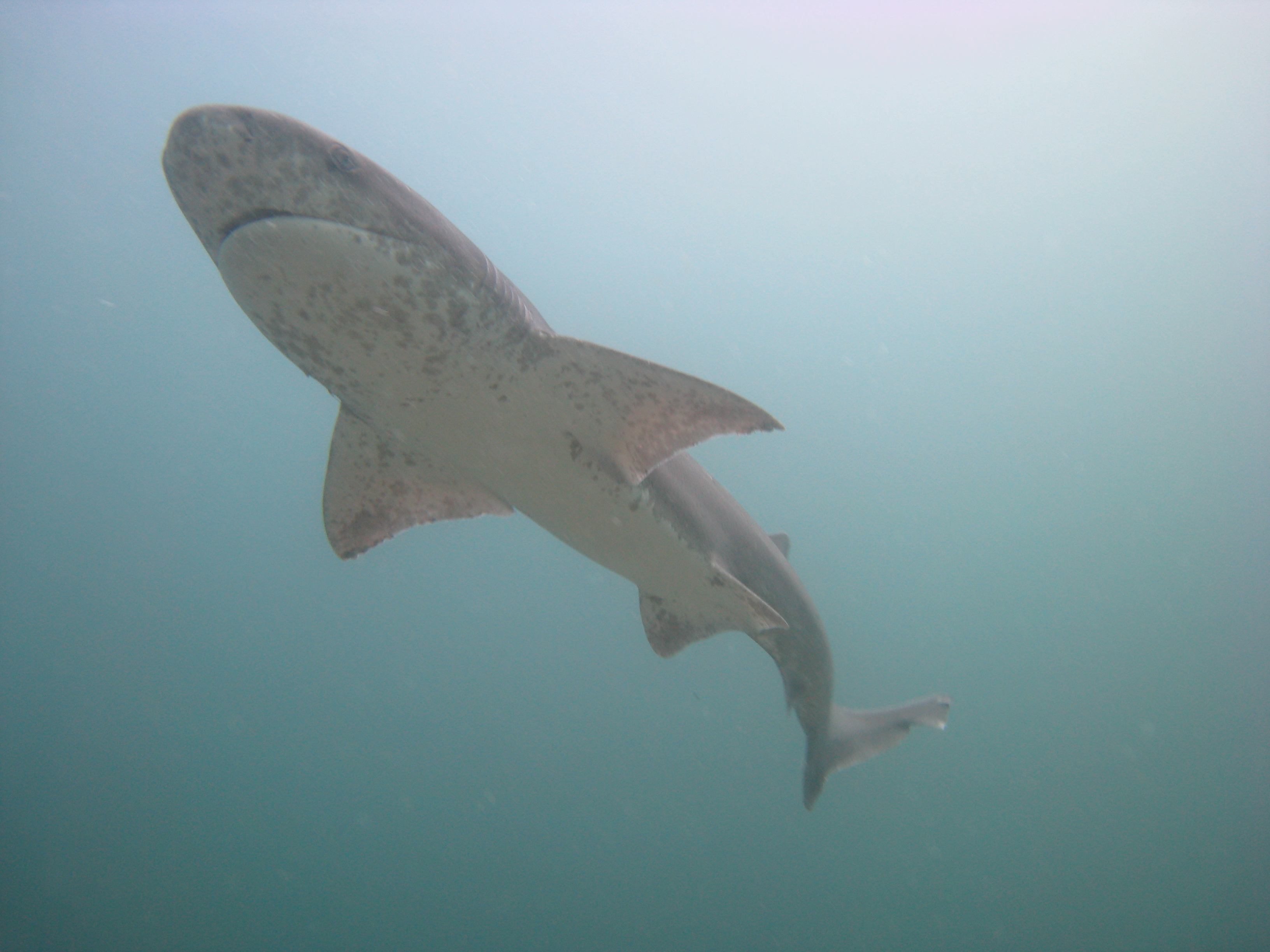Scientists at work: Uncovering the mystery of when and where sharks give birth
If you have a toddler, or if you encountered one in the last year, you’ve almost certainly experienced the “Baby Shark” song. Somehow, every kid seems to know this song, but scientists actually know very little about where and when sharks give birth. The origins of these famous baby sharksContinue Reading

